Our recent post on Consumer Health and Wellness Trends mentioned the rising interest in CBD by consumers. Beyond the inherent on-trend characteristics of CBD – it is Plant-based, keto-friendly, anti-inflammatory, naturally full of omega-3 and anxiety / stress-reducing – this hemp or marijuana derivative is also backed by new regulation.
This December, President Trump signed a new $867 billion farm bill that removed hemp from a list of federally controlled substances. According to the WSJ, farmers and processors believe growing demand for cannabidiol will turn hemp “into a lucrative cash crop”.
CBD oil and other hemp non-psychoactive derivatives can be seen in various industries: supplements, beverages, and beauty and personal care. What is CBD, then? It is a cannabidiol – an ingredient derived from hemp, a non-psychoactive variety of cannabis (in short, it won’t make you high, unlike the THC compound derived from Cannabis).
Sales forecasts vary: According to New Frontier Data, a cannabis research firm, products containing cannabidiol and other types of hemp will rise nearly 10-fold over a decade to $2.6 billion in 2022. According to cannabis industry analysts the Brightfield Group on the other hand, the hemp-CBD market alone could hit $22 billion by 2022. And the global industrial hemp market size is expected to reach USD 10.6 billion by 2025, according to a new report by Grand View Research, Inc.
No matter the specific number, consumers are definitely interested. In fact, according to Google Trends “Year in Search” 2018, the term “CBD gummies” was the 3rd biggest trend in the Food category (after Unicorn Cake and the recalled Romaine lettuce). To compare rising trend searches in the last 12 months on Google in the USA, we can see that CBD has risen slowly and steadily, reaching the level of interest in all things vegan:

A 5-year perspective demonstrates how this is a relatively new trend, only beginning to become mainstream in 2017:

Some brands are experiencing a huge rise in interest. The search for “Happy Tea” experienced a 4,750% rise in search volume in the last 90 days. The website claims that “Happy Tea offers 10mg natural hemp extract that has been studied for possible benefits effects on stress, anxiety, and inflammation. Unlike cannabis, hemp doesn’t have THC and won’t have psychoactive effects.”
Whole Greens CBD supplement, invites consumers to enhance their daily routine by “taking a drop of CBD Oil to start your morning, swallow a CBD Capsule in the afternoon, and then unwind in the evening with a CBD Gummy.” In the past 90 days, this brand saw a 3,250% rise in search volume.
CBD is trending with Millennial coffee connoisseurs, and many artisan coffee brands already introduced CBD infused products. Examples include Steepfuze, Elev8 Brands and Kickback.
As Daily Coffee News puts it: “We’ve seen CBD coffee pods, CBD coffee tinctures, CBD-infused whole bean coffees and packaged CBD cold brews, all of which have made various claims related to the potential health benefits of CBD.” The magazine adds a caveat: “While it may be perfectly legal to sell such products in certain states — whether in a dispensary or in a cafe or elsewhere — positioning them for a broader push beyond state lines may still be risky business.” This is due to the FDA’s rigid stance on the influx of cannabis and hemp derived ingredients in the market, despite no claim approval by the agency.
One brand, Cuvee, has quite an elegant way of going around this. The website’s presentation of the Hemp Oil Coffee says: “If you believe in the powers of hemp oil, then we don’t have to tell you here. Which is good, because we aren’t allowed. Regulations and all that. Inside this can we’ve combined our original nitro cold brew with 10mg of Hemp Oil. The Hemp Oil is odorless and water-soluble, and tasteless when combined with coffee.”
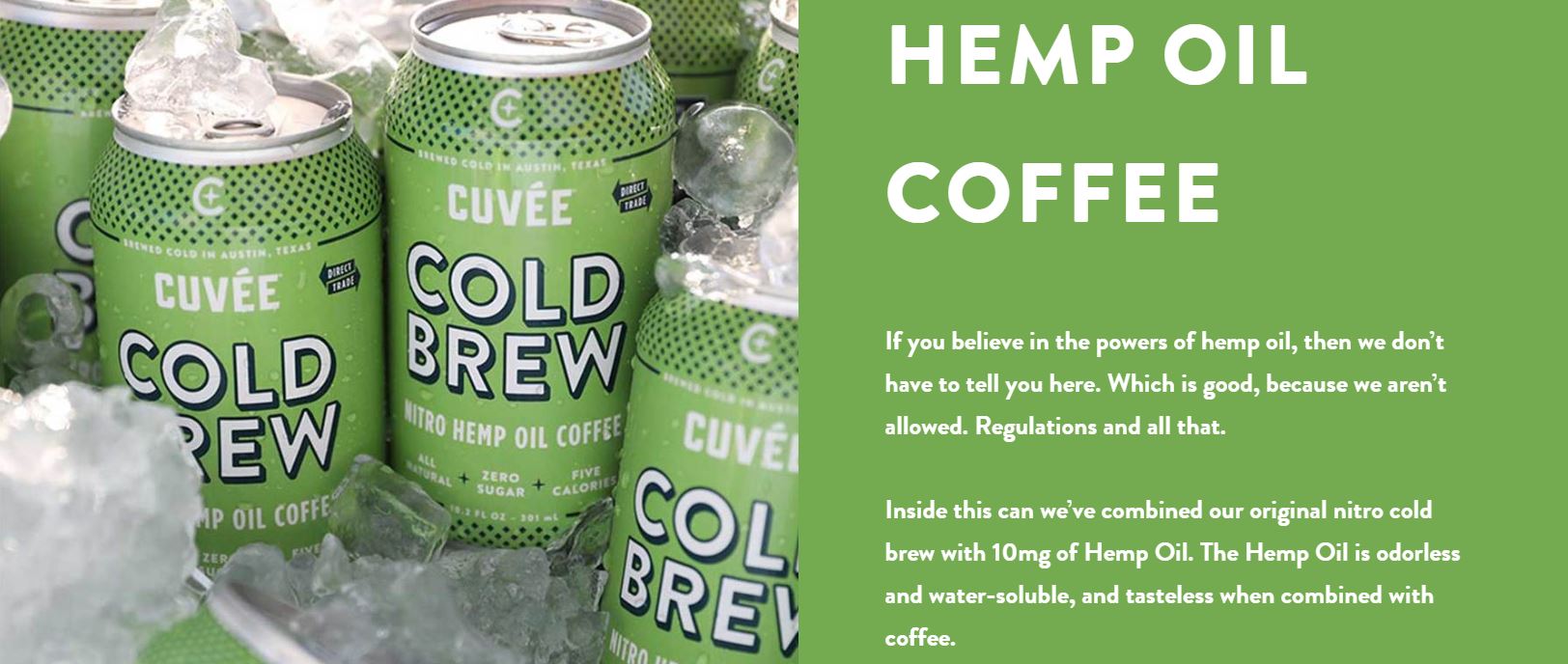
But, as with any innovative ingredient that meets this type of consumer demand, the market is expected to boom only following an accelerated rate of product innovation that resonates with consumers on the application and flavor side, (similar to what happened in plant-based milk.)
One company that might be at the forefront of this change is Azuca, a line of all-natural cannabis edibles and ingredients founded by Chef Ron Silver (of Bubba’s NYC bistro – which also offers CBD infused items on its menu). Azuca is a privately-held, investor-backed cannabis company which commercializes a line of edible products using patent-pending technology. This technology envelops cannabis molecules in order to make them more water-soluble, increasing bioavailability and effectiveness and minimizing latency for more controlled, reliable edibles, according to the website.
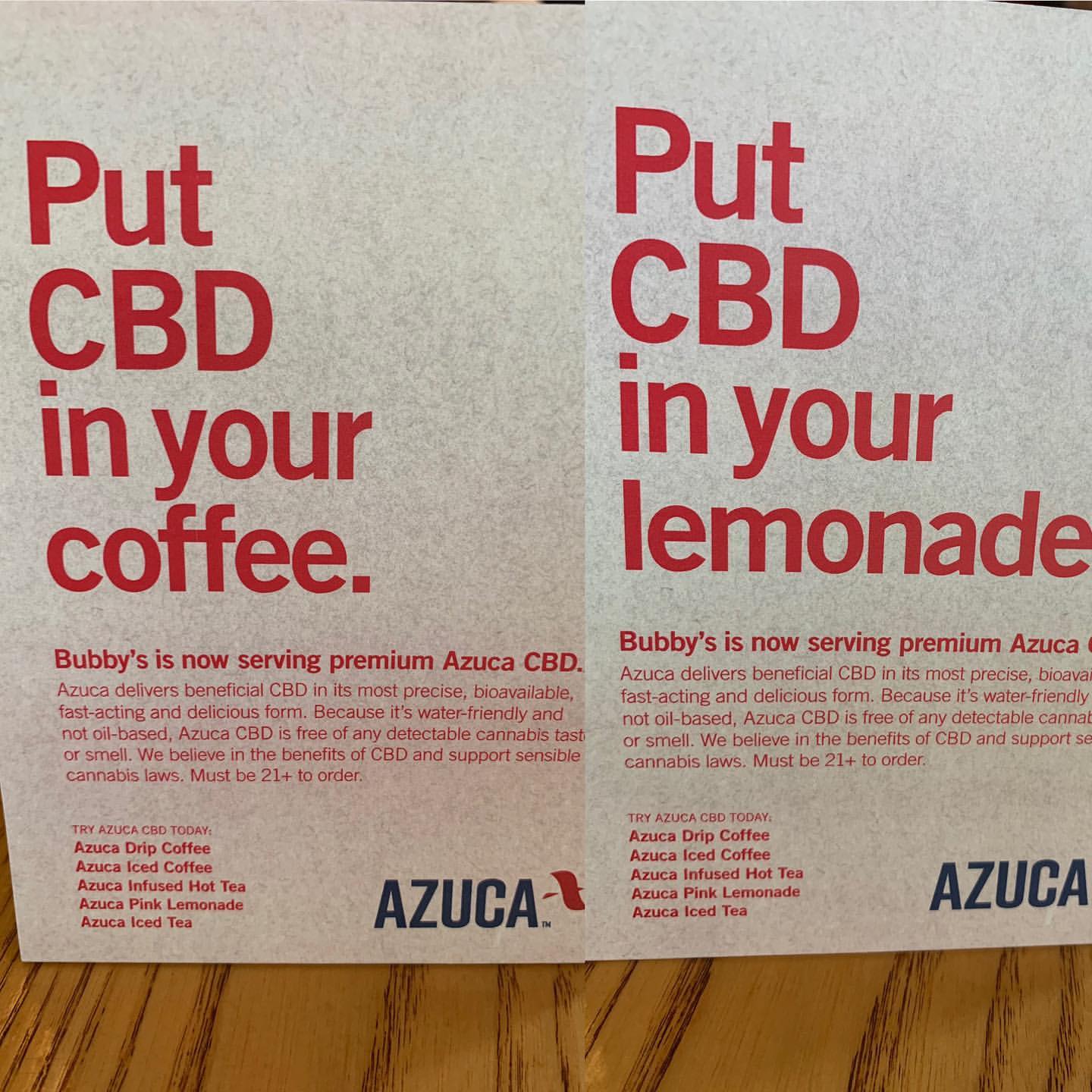
In October 2018, the company launched a CBD division, with plans to offer hemp-derived cannabidiol (CBD) simple syrup direct to consumers as well as to restaurants, bars and coffee shops through a wholesale model.
Along with these start-ups, huge consumer goods companies are expected to zero in on CBD, while waiting to see cannabis at-large legalized in more markets and operating, meanwhile, in the legalized (including medical) marijuana industry.
Altria, the maker of Marlboro, paid $1.8 billion for a 45% stake in leading Canadian cannabinoid company Cronos Group. This follows August’s Constellation Brands (manufacturer of Corona) investment in Canopy – also a Canadian marijuana company and a leader in CBD – for $4 billion. Interestingly, Constellation said on its Q2 2019 conference call, that it might launch a “probably non-alcoholic” CBD beverage.
The company’s president and CEO Rob Sands further stated that “I would say that there’s a lot of science as well as general belief that CBD as an organic compound has many positive and curative, in fact, health benefits. I think you may be aware that FDA just recently approved the first CBD drug in the United States to treat childhood epilepsy or seizure disorder. And then, CBD has other qualities potentially that people are seeking in organic products. So, the market could be very big. As I said, it’s not a psychoactive component, but it has properties that I think the consumer would be interested in.”
Other initiatives in the field include Molson Coors’ joint venture with a cannabis company in Quebec in August. And according to the NY Times, in September, Target.com began selling products that contained CBD, a nonpsychoactive cannabis derivative. But within days, the company changed its mind and removed the products.
Other companies are still on the fence. For example, when asked about its plans to introduce a CBD-based beauty line in its stores, Ulta’s CEO Mary N. Dillon said that this is a new and emerging area: “Obviously, we’re going to understand the market, where it goes, see what our guests are interested in, what’s legal.” Coca-Cola stated it has no interest in marijuana or cannabis, but it is closely watching the CBD market growth, as an ingredient in functional wellness”.
Sephora did, however, introduce CBD infused products to its stores.
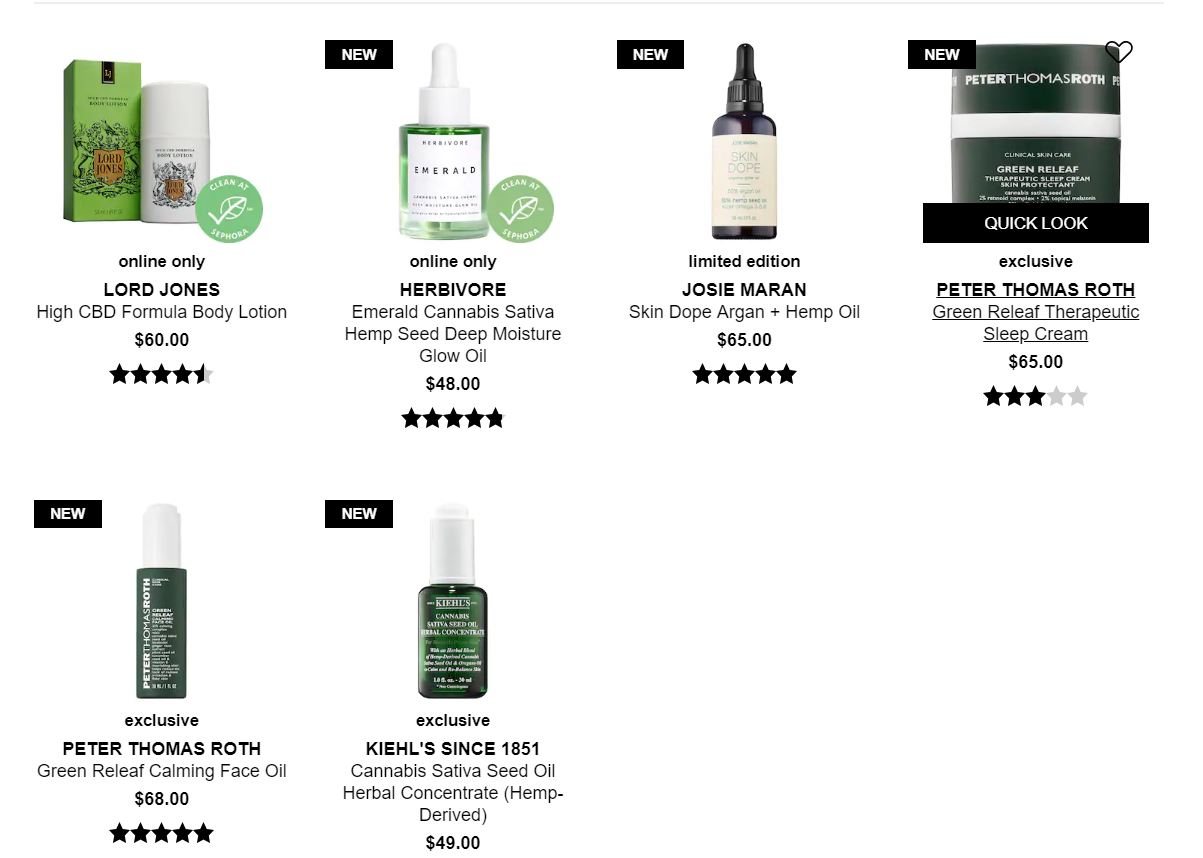
And premium retailer Neiman Marcus is now offering a variety of CBD beauty products. “Our new CBD assortment is an important part of Neiman Marcus’ commitment to the health and well-being of our customers. Cannabis beauty brands are becoming increasingly popular and CBD products are the next big thing in beauty. Neiman Marcus plans to continue to expand our CBD assortment while offering customers the latest and greatest in Trending Beauty”, said Kim D’Angelo, Beauty Buyer, Neiman Marcus.
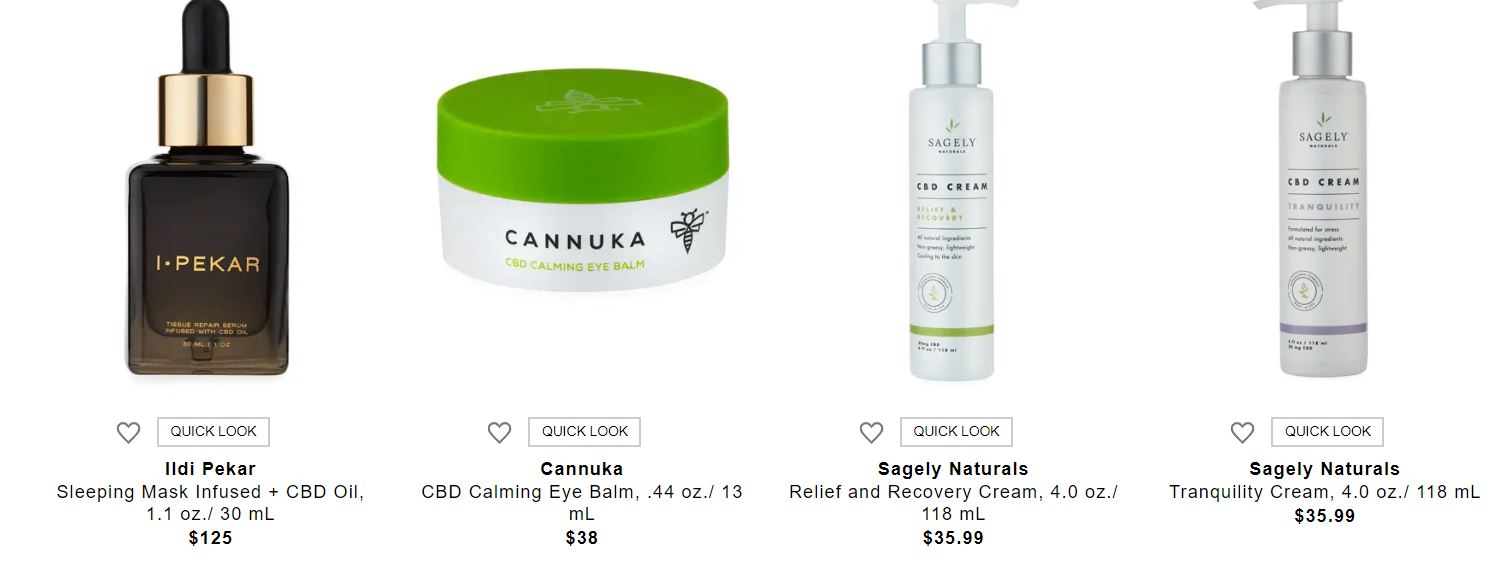
As CBD will expand in away-from-home establishments and perhaps introduced through the beauty and personal care market, it will become more “digestible” to consumers: and, with Stress being a Major Consumer Motivation, and mental health awareness on the rise, we expect CBD to be a welcome ingredient (even for your pooch).
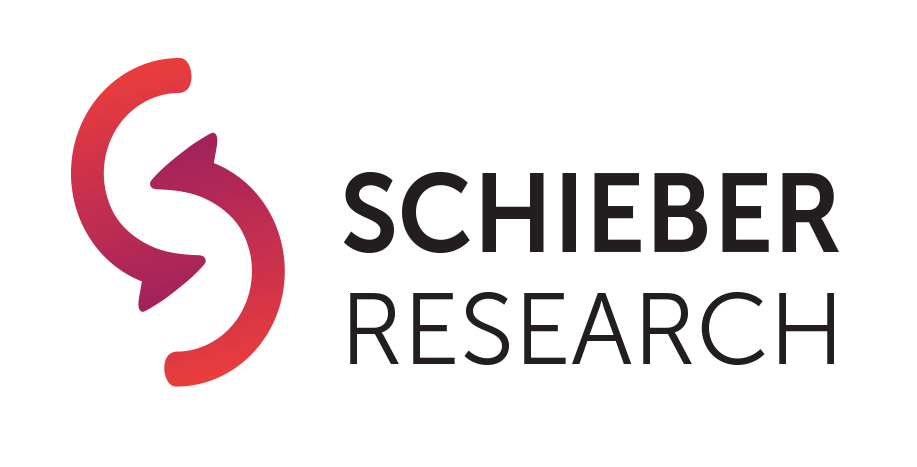
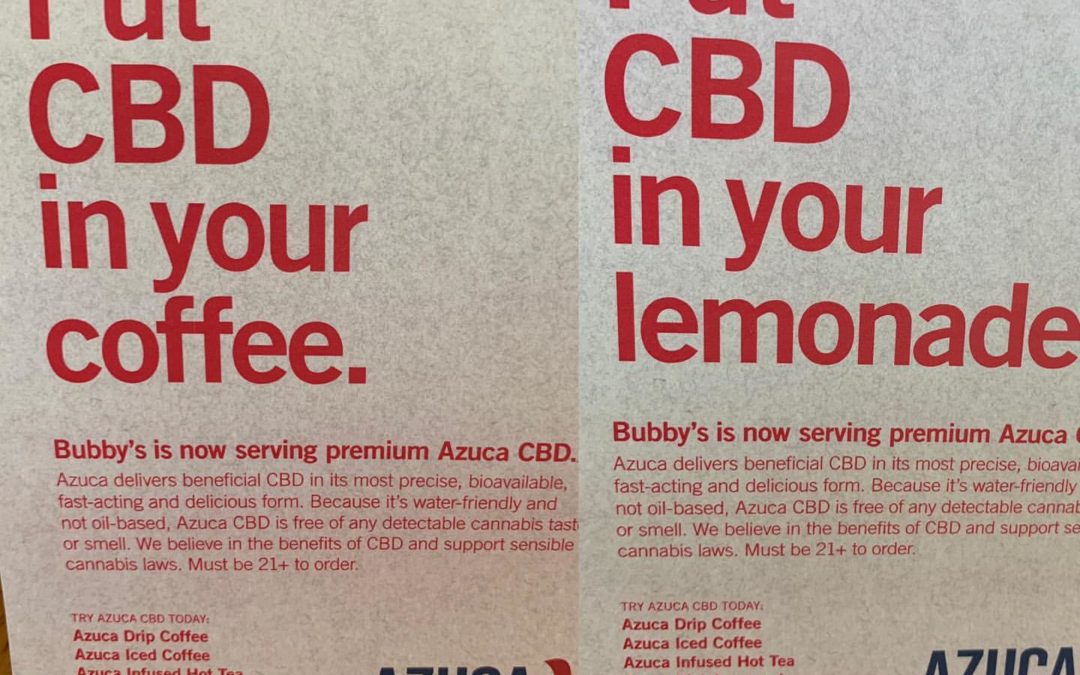
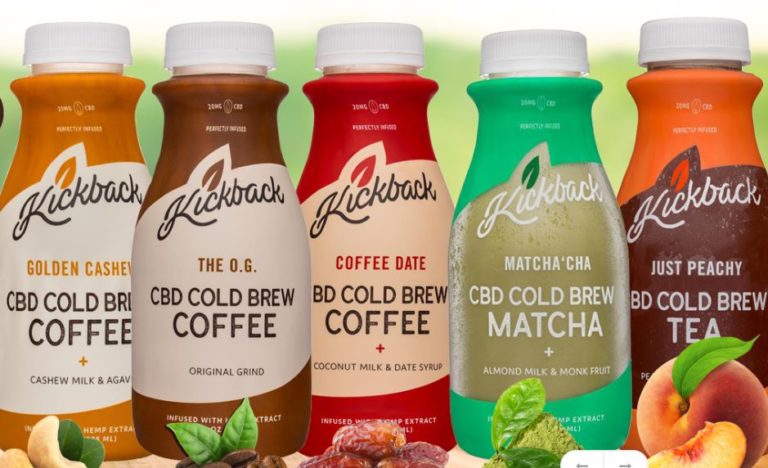
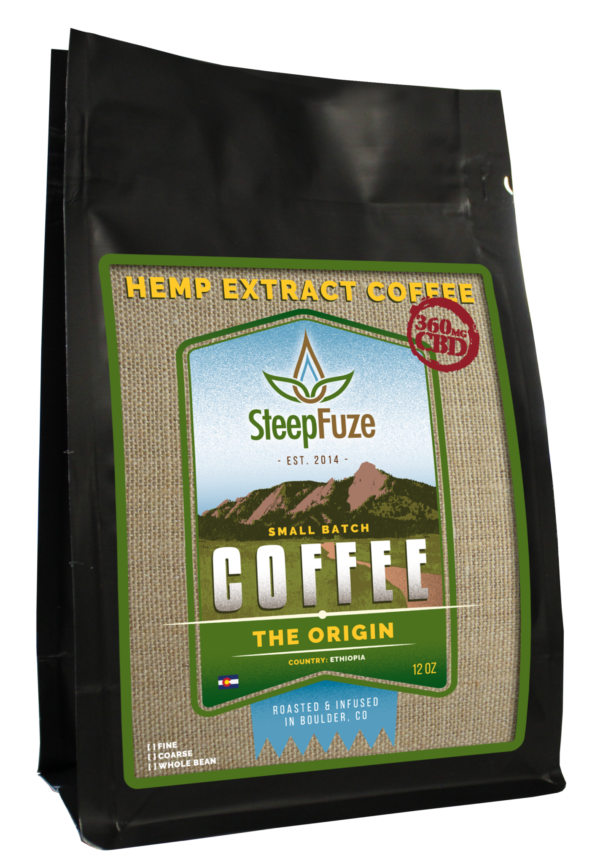
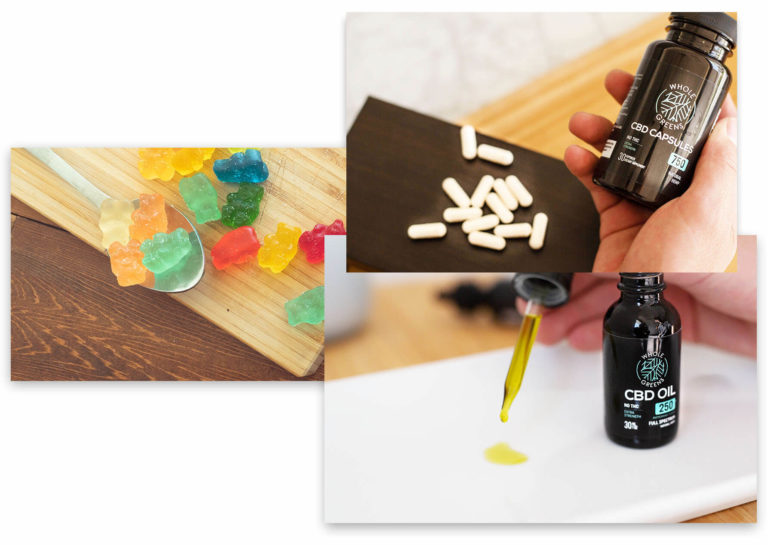
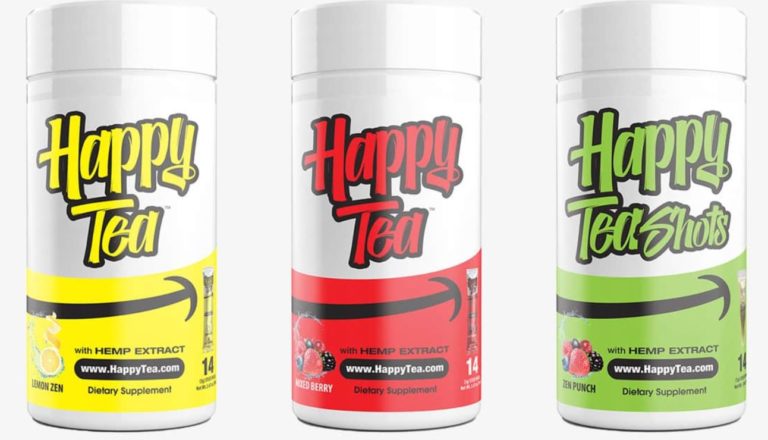
2019 will be an inflection point for the marijuana industry. Hopefully the coming years see the industry improve while maintaining its grass roots. Companies like Marlboro, and Constellation brands are large corporations who could change cannabis forever.
Super interesting
The Farm Bill really opened up the market. We will see this everywhere.
Really a very useful post for our business, thanks for this article. keep sharing.